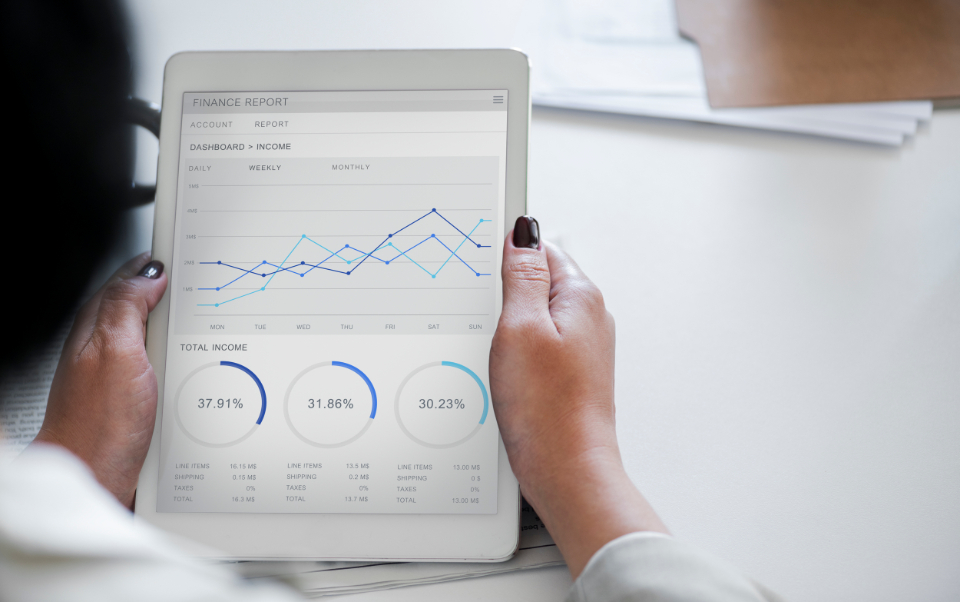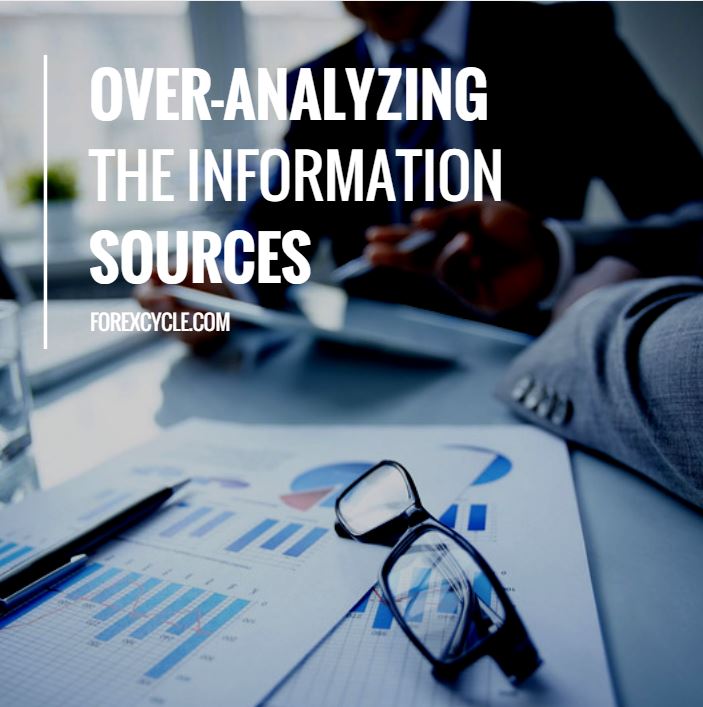
It will be impossible to completely avoid mistakes in the trading business. You will however learn how to cope with some of the mistakes and also learn how to avoid some. The measure of progress in the forex business is seen through the gradual increase in the ability to avoid mistakes. In the journey to become an expert trader, one of the things you must do is to learn the major mistakes that most people in the forex market make. After learning about these mistakes, you should then formulate your own ways of overcoming them. While the common mistakes are tolerable, there are some significant mistakes which will definitely cost you your career. Here are the 5 worst forex trading mistakes you can make.
1. Risking large amounts of money
Risking large amounts of money is one of the most common mistakes that both amateurs and experienced traders make. To be fair, it takes optimism to gain anything in the forex market. Even so, it is not advisable to go all in when trading. Many traders tend to become overconfident when they see some optimistic news or when they notice that the market has had a prevalence of positive news for an extended duration of time. No matter how great the insights look though, you can never trust yourself against the market which can always shift and turn volatile without a warning. You should always strive to have an established trading strategy which clearly defines how much you can invest in any given trading session or day.
2. Over-analyzing the information sources

Many traders make the mistake of failing to analyze the market. Others, however, make the opposite mistake of overanalyzing the market. Information overload not only leads to fatigue but it ends up confusing you. In order to be successful, you do not need to know about every possible strategy out there. What you need to do is to gather only a few proven methods that work. The winning strategy is to use charts and the common analysis tools to arrive at the trading formula.
Many people have used this strategy which, according to Admiral Markets, is the best strategy you can use to maximize your profits. Overanalyzing the market can also lead to overconfidence which can result to over-investing. In order to succeed, you need to avoid overutilizing the resources available to you and always strive to achieve an acceptable balance.
3. Trading without a risk management plan
Most entrepreneurs tend to have a risk management plan in their companies. This is the case since there are established protocols in business which provide for such measures. Most traders, however, get into the market without such plans because they have no prior information and they do not have a means of knowing what happens in the business world. If you are getting into forex trading, a risk management plan should be at the top of your priority list which details all the things you need to do before trading. Without a risk management plan, the volatile forex trading market will definitely sweep you off the industry.
4. Depending on other traders strategies
There are many traders out there who have become extremely successful and decided to share their secrets with the public. These traders are all over the web and you can often find them giving away free information about how they exactly ventured into the business and made money. While it is advisable to read the experiences of such people, do not make the mistake of thinking that you can have the same experience as them. The forex market is very personal and the success strategies of one trader cannot be applied across the market – otherwise, all traders would be successful. The truth is that you will have to lose some and gain some in order to understand your own rhythm in the forex business.
5. Getting into the trade without forex education
Finally, forex education is often undervalued by traders. Traders commonly think that the only thing that is important in the business is knowing how to read charts and make trades. This is not the case, however. There is so much more that goes into the identification of market signals, planning strategies and execution of the plans. All these issues can only be learned about in detail from a properly compiled curriculum.
